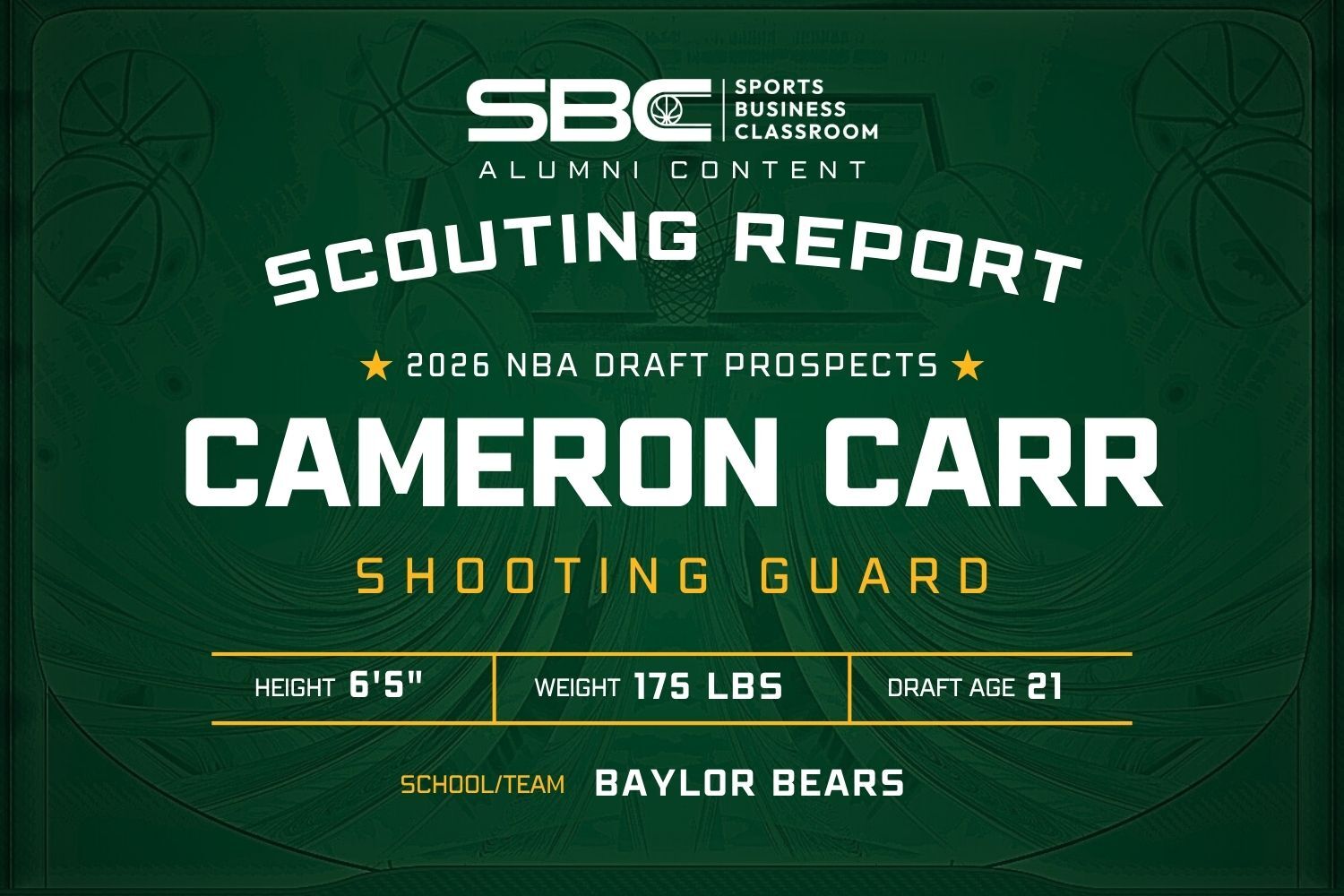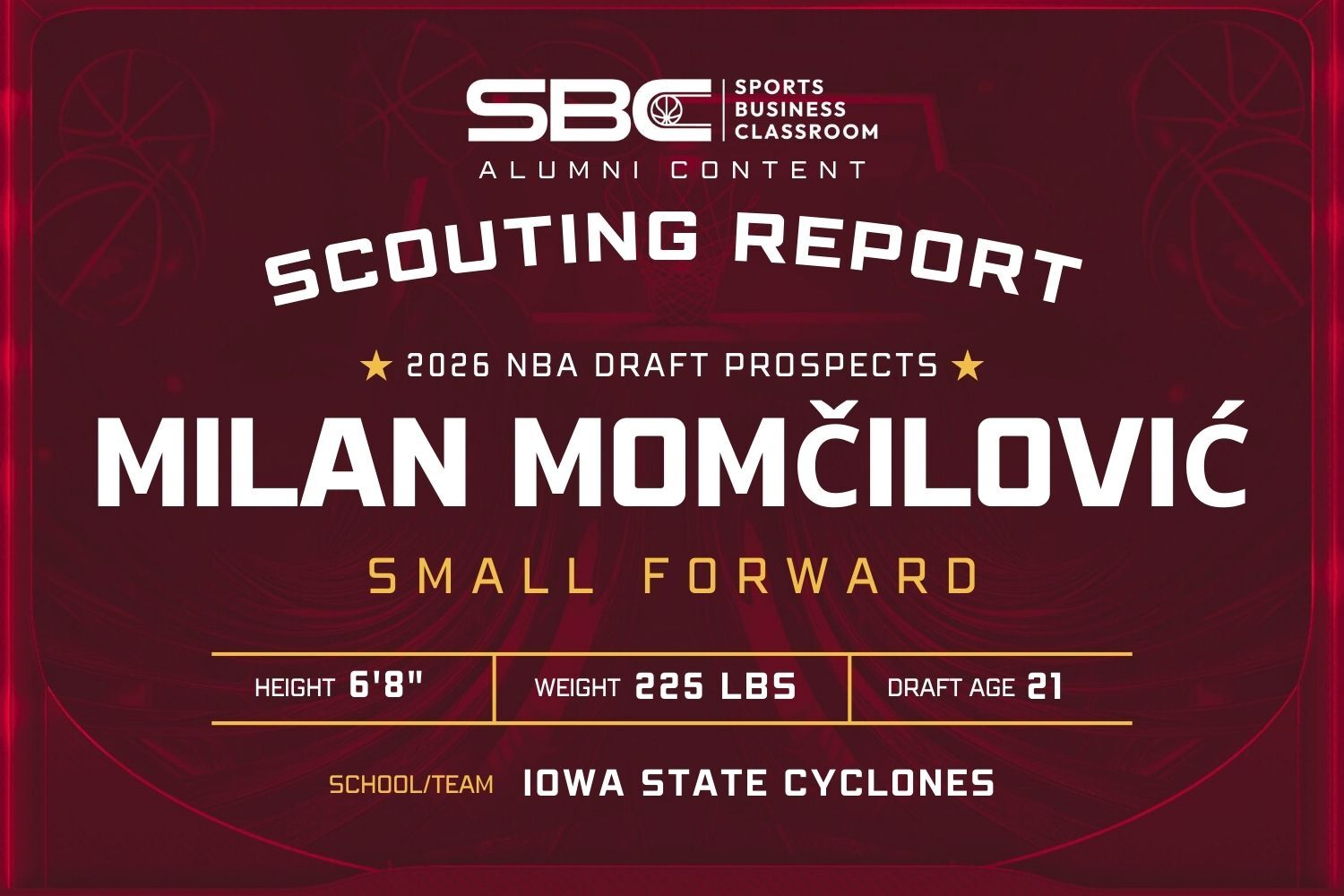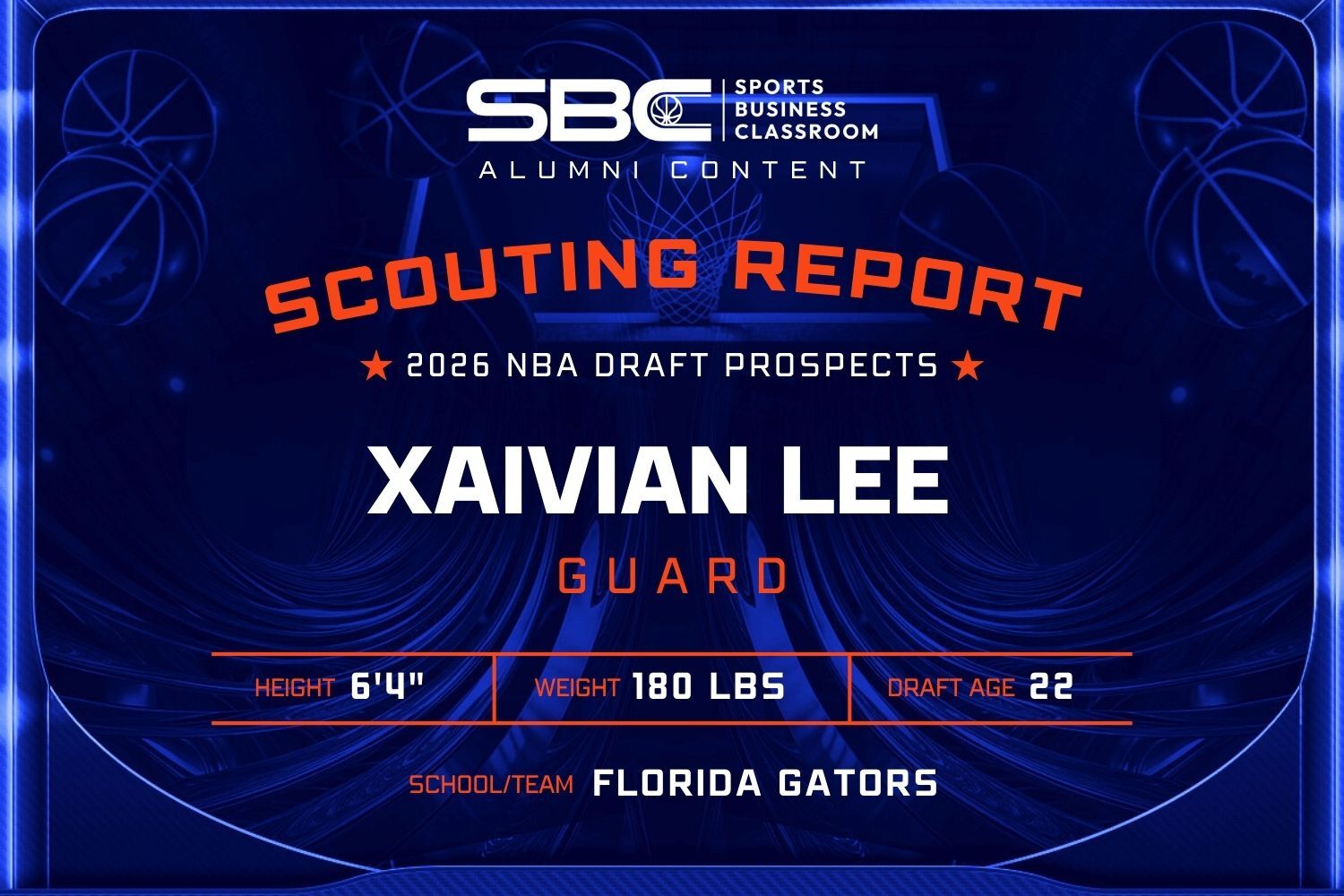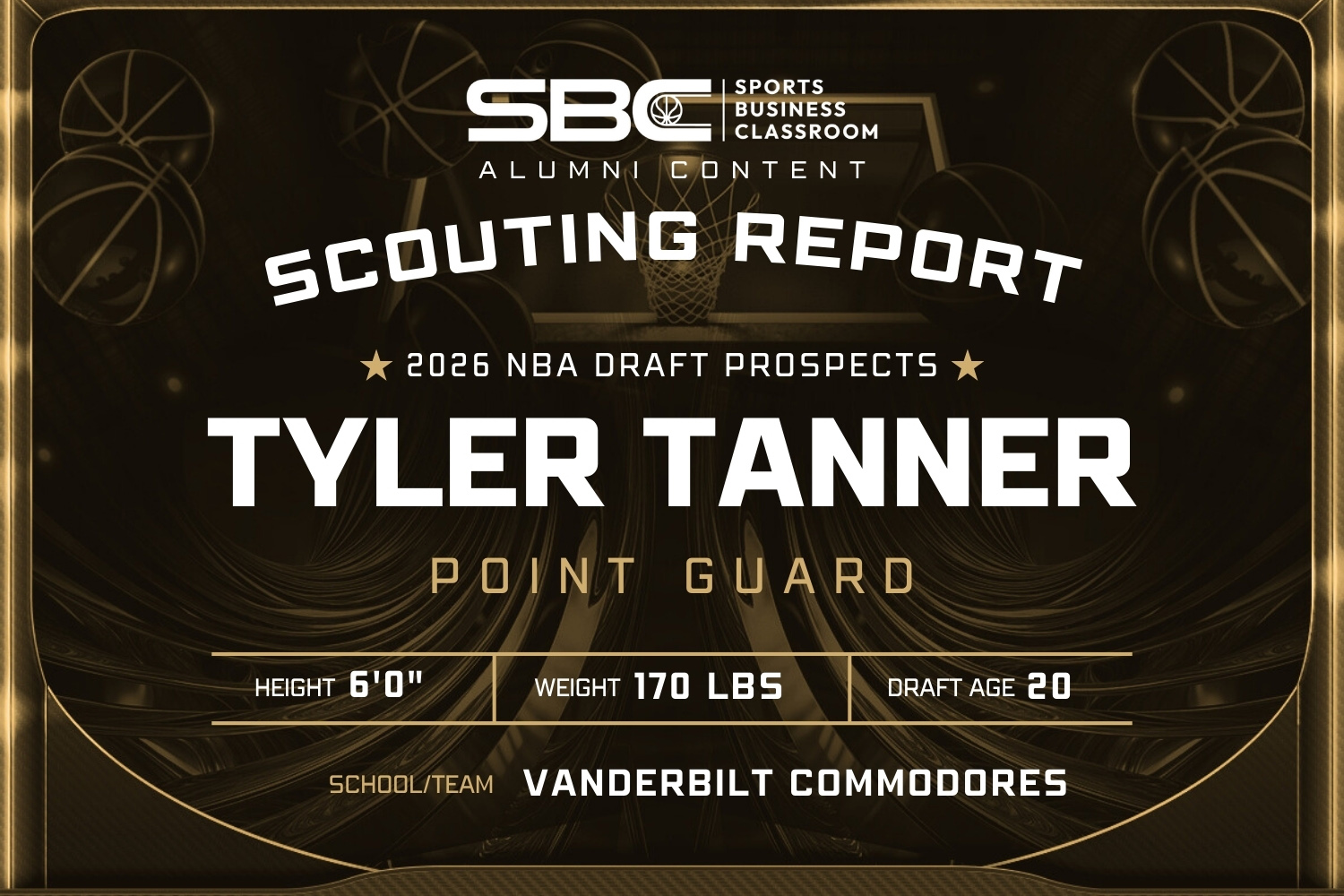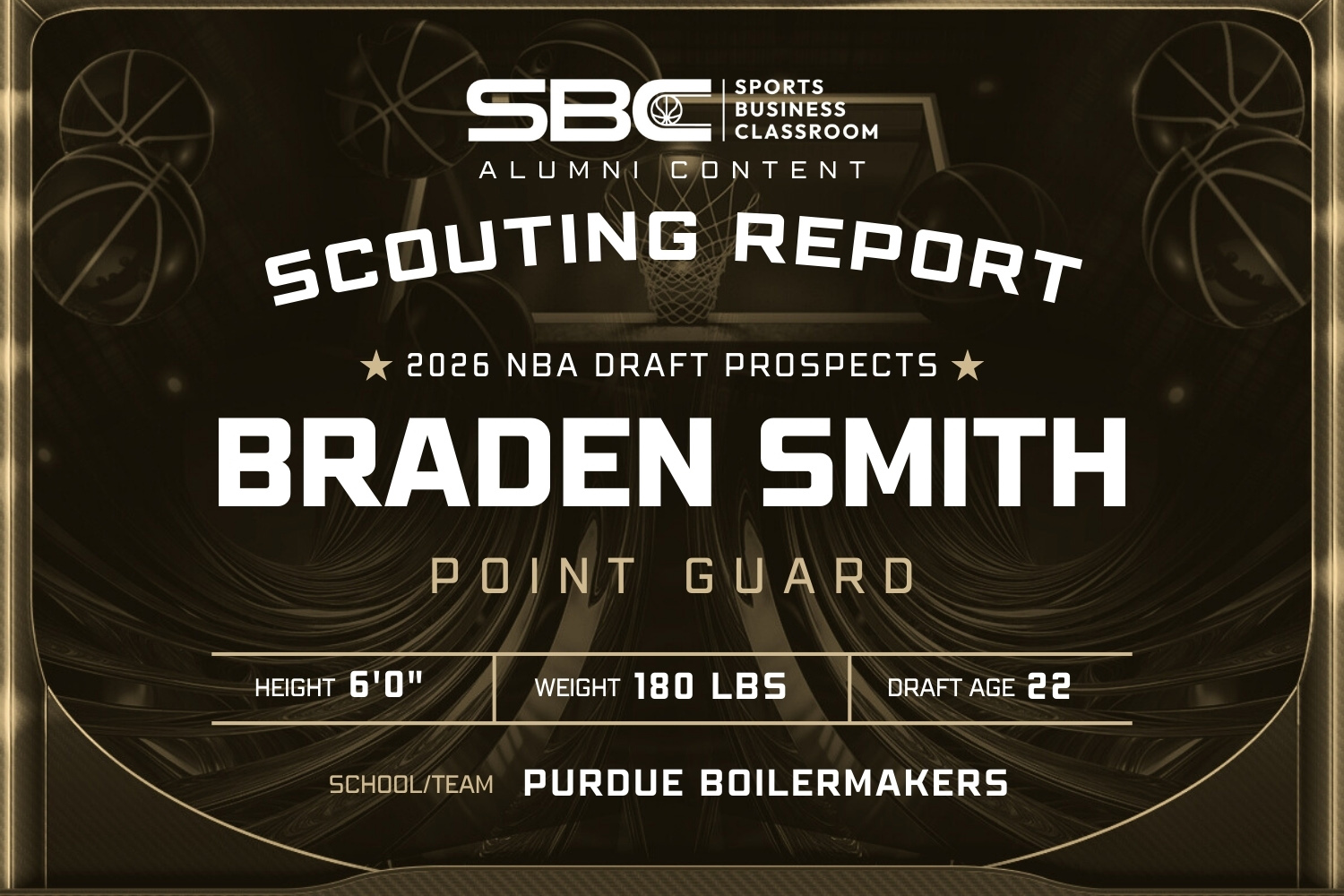
There are very rarely dull moments on the NBA calendar. Even during the months-long offseason, trades and free agency bring about their own intrigue, and the Summer of 2022 was no exception.
With limited cap space around the league, teams turned to trades as their primary means of improving – or tearing down – a roster. The Utah Jazz were easily the offseason’s most active team, trading away not only their star duo of Rudy Gobert and Donovan Mitchell but also veteran role players like Royce O’Neale, Bojan Bogdanovic, and Patrick Beverley.
And yet, they sit above .500 through 24 games and would make the Play-In Tournament if the season ended today. Their unselfish, role-player-driven style has been one of the fascinating stories of the first quarter of this campaign.
Many teams beyond the Jazz made franchise-defining trades. Here, we’ll look at the teams who made those significant moves and how they have fared 25 percent of the way through the 2022-23 NBA season.
Donovan Mitchell – Cleveland Cavaliers
The Cavaliers attempted to cement themselves as legitimate Eastern Conference contenders by dealing for Mitchell. They paid a hefty price to pry the sixth-year All-Star guard out of Louisville from Utah, sending Collin Sexton, Lauri Markkanen, Ochai Agbaji, three unprotected first-round picks (2025, 2027, and 2029) and two first-round swaps (2026 and 2028) to Salt Lake City.
At 22 games into the Cavaliers season, the deal appears to have been worth every penny. Cleveland is 15-9 – good enough for third in the East – and has formed one of the NBA’s best backcourts with Mitchell and Darius Garland.
Mitchell may be in his best season as a pro, averaging 28.4 points, 3.9 rebounds, and 4.9 assists per game on 48.8/42.1/88.5 shooting splits. The points and shooting percentages are all career numbers for the 26-year-old.
The Cavs have the No. 7 offense, which should come as a surprise to no one. But for all the concerns about the defense with Mitchell and Garland on the perimeter, the Cavs rank No. 1 in the NBA on defense, resulting in a No. 2 net rating. The early returns for the Cavaliers going all-in on Mitchell look very favorable.
Dejounte Murray – Atlanta Hawks
One of the first moves of the offseason was the Hawks acquiring a star-level backcourt partner for Trae Young, sending Danilo Gallinari, three first-round picks (2023, 2025 and 2027) and a 2026 pick swap to the San Antonio Spurs for Dejounte Murray and Jock Landale (who was subsequently sent to the Phoenix Suns).
The trade signaled a rebuilding year for the Spurs, timing nicely with the impending draft declarations of Victor Wembanyama and Scoot Henderson. The Spurs currently have the third-worst record in the NBA.
As for the Hawks, they join the Cavaliers in the argument for the NBA’s best backcourt, as Young and Murray have easily been the team’s top players. Like Mitchell, Murray is thriving with his new team in his sixth season, averaging 21.4 points, 5.7 rebounds, 6.7 assists, and 1.8 steals per game.
And while the offensive production is massive, the Hawks acquired Murray primarily to shore up a defense that finished No. 26 last season. Through 22 games, the Hawks’ defense ranks No. 9 and fourth in the East at 13-10. The Hawks, like the Cavs, seem happy with their investment.
Jerami Grant – Portland Trail Blazers
After a full year of swirling rumors, the Trail Blazers finally landed their highly coveted wing defender in Grant. Portland sent the three second-round picks, along with a 2025 Milwaukee Bucks first-round pick, to the Detroit Pistons for Grant and the No. 46 overall pick in 2022.
Grant has performed well individually, averaging 23 points on career-best shooting efficiency. Especially from beyond the arc, where he has connected on 46.1 percent of his threes.
However, unlike the previous two trades, the Trail Blazers are yet to see the results they were hoping for. Despite a near-perfect fit on paper, the Trail Blazers have the No. 23 defense and No. 18 net rating, which are well below their expected marks. Their 31-11 record and No. 8 seed in the West leaves them in a bit of limbo, but some of the losses may be due to losing Damian Lillard for a stretch with a calf injury.
The Blazers didn’t give up nearly as much as the Cavaliers or Hawks, and Grant has been productive. But if the team’s defense doesn’t improve defensively, it may find itself on the wrong side of the play-in tournament.
Rudy Gobert – Minnesota Timberwolves
Perhaps the most significant trade of the 2022 off-season, the Jazz sent their All-NBA center to the Timberwolves in exchange for one of the most shocking hauls in NBA history.
For Gobert, the Jazz landed Malik Beasley, Patrick Beverley (later traded to the Los Angeles Lakers), Jarred Vanderbilt, Walker Kessler, Leandro Bolmaro and four first-round picks (2023, 2025, 2027 and 2029), plus a 2026 pick swap.
The Timberwolves had dreams of pairing Gobert with Karl-Anthony Towns, Anthony Edwards, and D’Angelo Russell, hoping to capitalize on an improved 2021-22 season.
The results haven’t been great, with Minnesota below .500 through 23 games (11-12) with a No. 19-ranked offense, No. 15 defense, and No. 17 net rating.
The fit with Gobert and Towns has been clunky, with the two struggling to adjust to sharing the floor with another big. Offensively, Gobert has gone from focal point to afterthought, averaging just the sixth-most field goal attempts per game on his team.
Defensively, Towns’ new role has left him falling behind, spending more time on the perimeter than he ever had in his first seven NBA seasons.
Of course, there remains plenty of time for the Timberwolves to figure out a solution. The talent level in their building remains sky-high, and a major shift in philosophy/basketball makeup can come with an adjustment period.
The Boston Celtics were 25-25 in late-January last season before going on a run to the Finals. Given the price paid for Gobert, the Timberwolves need a significant rally after an unimpressive start through the first quarter of the 2022-23 campaign.



